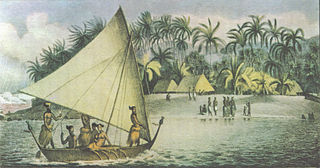Ranvali wrote:National information
Official Name: Republic of Velzemia
Shortened Name: Velzemia
Requested Location: Kansasto's current/former location
Accepted!
Ammassalike wrote:National information
Official Name: Republic of Ammassa
Shortened Name: Ammassa
Requested Location: Island next to Cassier
Accepted!
Leasath wrote:National information
Official Name: The Yavorstranan Federation
Shortened Name: Yavorstrana
Requested Location: This proposal was shown to me a while back; but if somewhere else would serve better then I'm happy to look.
Accepted with claim pending until borders in West Euclea can be altered.
Accepted!













